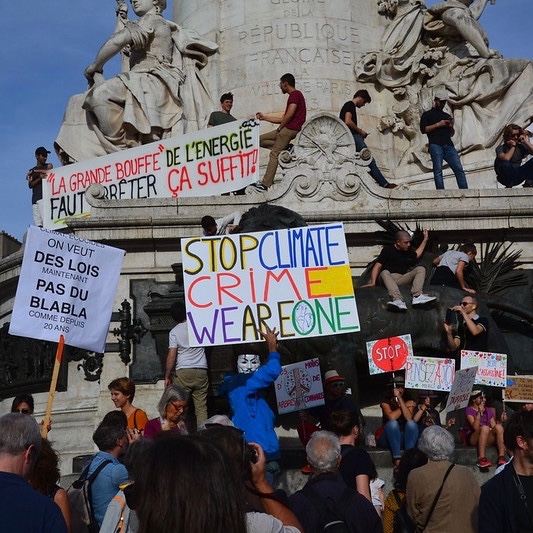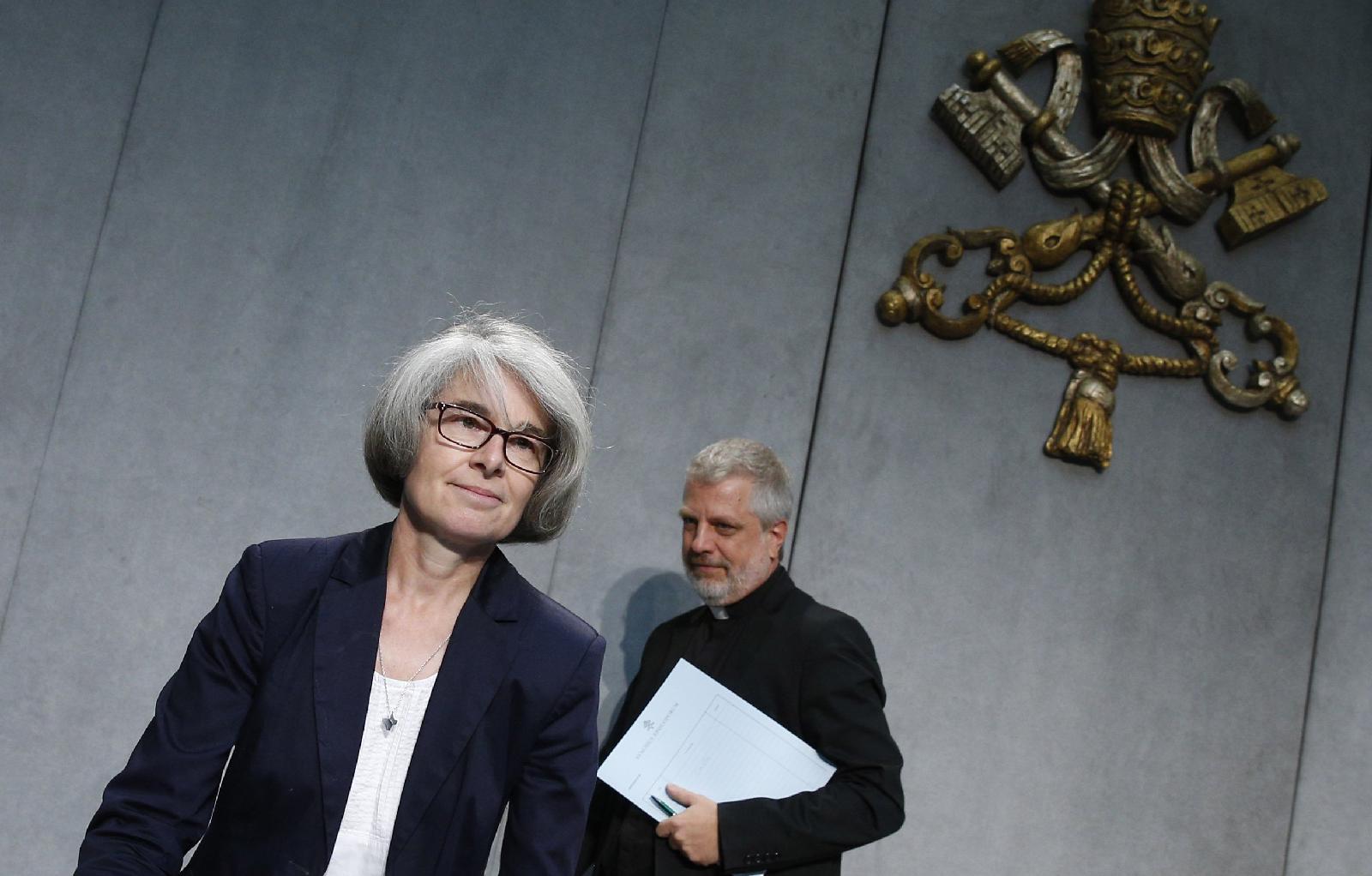Just four short months after the start of the Covid pandemic, the Congregation for the Clergy published its analysis of the place of the parish in its document “The pastoral conversion of the Parish community in the service of the evangelising mission of the Church”.
Its purpose was to relate the Church’s understanding of parish, geographic and territorial, with the call for the New Evangelisation – the development of parish as a centre for missional activity. A challenge not to look inwards but to recognise the responsibility of all the baptised to become involved in this broader call to mission.
The imperative was for a renewed commitment to being a Church that “goes forth” with a clarion call to read the signs of the times. New structures were needed as well as a capacity to synthesise the charisms and vocations of all those who made up the Church.
The New Evangelisation demanded the revitalisation of the domestic church and the commitment to take the Gospel message out to the wider community. Our baptism conferred responsibilities that Pope Francis regards as critical both to our personal salvation and to being the Church that enacts the Gospel values.
The parish, certainly in the developed parts of the world, was confronted by challenges to its sense of being community. Reducing numbers of parishioners and ageing clergy have forced amalgamations of parishes; the development of people’s sense of belonging depends as much on their virtual space as their physical.
Relationships are forged and maintained in ways completely beyond the imagination of those who took part in the Second Vatican Council. Our attachments could become transitory and transactional. The document recognises the emerging landscape – the decline in the parish as a social centre, for example – as well as recognising the ways in which work, and leisure have changed the demands on people’s time and space.
The summer and winter of 2020 saw the rapid development of Covid 19. The challenges to social engagement, the closure of places of worship, the reduction in economic activity and the rising tide of illness and death. On every front, the signs of the times became distinctly darker. The development of live-streamed Masses, however, demonstrated the power and influence of technology for good purposes, while the proliferation of Zoom accounts gave the old and isolated a chance to be heard. The pandemic displayed humanity’s ability to rise to challenge, whether in care homes, hospitals or in displaying care for a neighbour.
The parish as a community offering “reciprocal service” was being forged even as the world faced the Covid crisis. At almost this same moment, Pope Francis issued his Motu Proprio “Spiritus Domini”. It amended Canon Law in that it recognised the role of women and men, married and unmarried, to be ministers of the Word. What had originally been Minor Orders under Pope Paul V1, was now seen as a recognition of the common priesthood of all the People of God. It recognised the need for a formulation that responded to the challenge of a co-responsible laity and addressed some of the issues raised at the Pan Amazon Synod.
The mutuality of the two priesthoods – the ordained and that of all the baptised – was another response to the signs of the times. It was more than a tacit acceptance of the validity of the common priesthood of the baptised. It affirmed the status of the laity as coworkers in the Vineyard, with rights and responsibilities to match.
The third element of Francis’ work was the establishment of a process for developing a synodal Church. Not simply a reference to the Synod of Bishops but a worldwide call for all the faithful to be involved. This is the necessary corollary of a co-responsible laity, the need for all to be involved in a moment of discernment for shaping the future of the Church.
The process was intended to begin in every parish, to contribute to a diocesan plan which, in turn, influenced the development of a national synthesis. While much attention has focused on diocesan and national syntheses, the greatest impact can be felt at the level of the parish. The strength of the parish reports has been its capacity to listen to the voices from the margins and its willingness to speak with and for them. The synodal process has encouraged engagement and participation, it has caused people to question old truths and consider afresh the challenge of the Gospel.
At a stroke, it has conferred full adulthood on those who, for too long, were allowed to remain adolescent.
There will some who decry the level of participation, some will feel that the national synthesis was insufficiently bold or that the most radical options have been ignored. There is a danger that we make the perfect the enemy of the good. We need to recognise the iterative nature of change and our part in its evolution.
The synodal process is precisely that – a process. It is a continuous and continual character of the Church going forward. It is no longer possible to be a Church without that synodal character. It completes the contract that comes with baptism. In many of the diocesan reports within England and Wales, the state of the parish was central.
Declining attendance, increased reliance on smaller numbers of people and a need for improved formation were all common themes. There was, too, a recognition that there was a need for greater engagement with the wider community, a more missional Church. For many respondents church either meant the parish community or the Universal Church – we belong to both, of course, but our daily and weekly experience is more of the former than the latter.
These three elements – the pronouncement on the nature of the parish, the opening of ministries to men and women and the inception of a worldwide Synod – are three parts of a strategic endeavour to recast the Church as we move forward.
They are, collectively, the single most significant shift in ecclesial reform since the Second Vatican Council. Becoming a missional parish – faithful to the Gospel and living it out within our community is at the heart of the Pastoral Conversion of the Parish document.
The Synod has shown us a way to affect and influence the development of the church that matters most to us and the development of Spiritus Domini meets the clamour for improved faith formation and development. In these three areas Pope Francis has nurtured a way of being Church for the future; how successful it will be as a strategic realignment will depend on us.
ACTA – A Call to Action – holds its National Conference online on Saturday 22nd October. We are pleased to welcome Dr Phyllis Zagano who will address some of these issues in her keynote address. We will hear, too, from dioceses in England and Wales about their response to these issues of formation and development in the light of their Synod.
Further details are available at:
https://www.acalltoaction.org.uk/
Frank Callus fbcallus@aol.com



 Loading ...
Loading ...
What do you think?
You can post as a subscriber user ...
User comments (0)